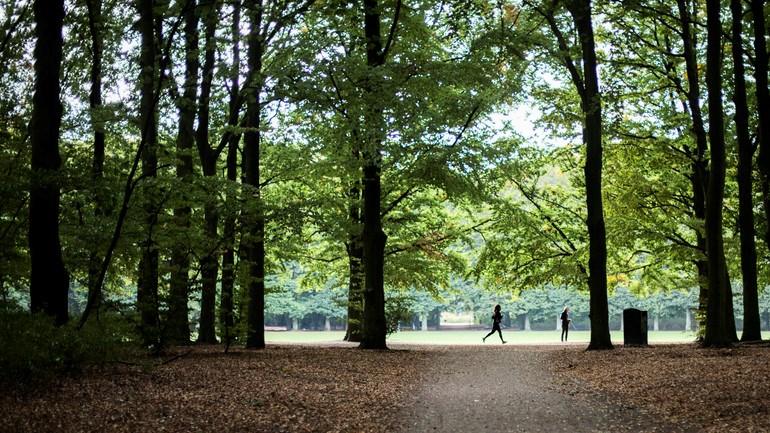FACULTY OF CULTURE AND SOCIETY | Seminar
Migration seminar: Avoiding a single story – what does domestic inclusive tourism voice for immigrants?
Thursday 15 May, 13:15 - 15:00
Niagara, 9th floor, Nordenskiöldsgatan 1, or zoom

Avoiding a single story: what does domestic inclusive tourism voice for immigrants?
Welcome to the Migration Seminar!
Profile:
Parisa Setoodegan, Doctoral Student, Mid Sweden University
Attendance:
This is a hybrid seminar, you are welcome to connect via Zoom or join us at MIM seminar room, floor 9, Niagara, Nordenskiöldsgatan 1. To attend on campus, please gather by the reception area at 13.05.
Zoom
https://mau-se.zoom.us/j/69840983371
Meeting ID: 698 4098 3371
Domestic tourism in Nordic countries like Sweden is largely centered around nature-based and outdoor activities (Eksell et al., 2022), yet immigrants from diverse backgrounds engage in these activities significantly less compared to native Swedes. At the same time, immigrant integration has gained increasing attention in Swedish society—from local communities to policymakers—but remains underexplored in academic research, particularly in the context of domestic tourism.
The Swedish concept of friluftsliv (literally "open-air life"), rooted in cultural traditions and outdoor recreation, represents an important domain for integration and well-being. Exploring the intersection of immigrant integration and outdoor participation raises critical questions about inclusivity, justice, and diversity, principles central to tourism and socially sustainable development.
This study seeks to investigate the factors influencing immigrant participation in domestic tourism, with a focus on their perceptions, engagement with outdoor activities, and integration experiences. It also examines how outdoor organizations and related actors address inclusivity through managerial actions. Finally, the research explores the conditions and success factors that drive shifts in immigrants’ outdoor activity patterns after migration.
By broadening the understanding of immigrant engagement in outdoor settings, this research contributes to the global discourse on the role of domestic tourism in fostering inclusion, equity, and social cohesion.
References:
Eksell, J., Månsson, M., & Kalderén, F. (2022). Semester på hemmaplan? Personer med utländsk bakgrunds resvanor och turismkonsumtion i Sverige. MediaTryck Lund.
